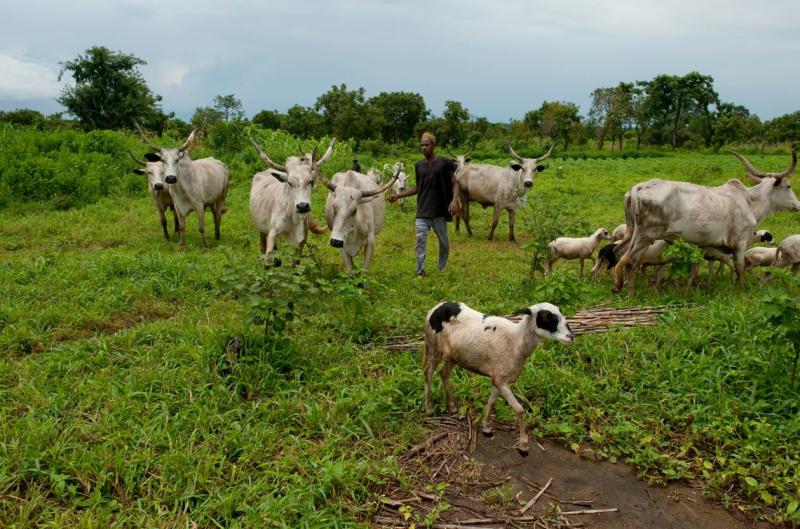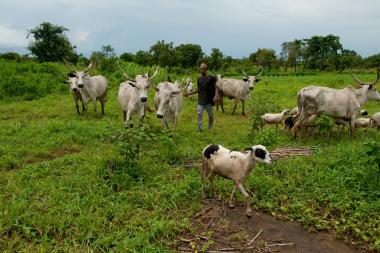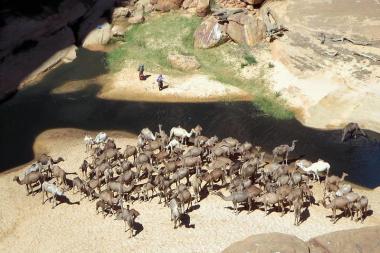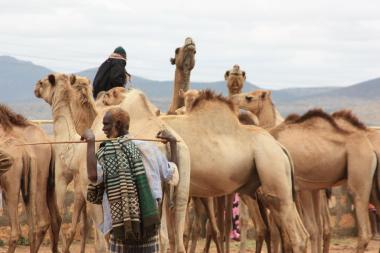Transboundary climate and adaptation risks in Africa: perceptions from 2021
This report documents how African policy-makers and experts perceive climate change and adaptation risks that have the potential for multi-country to regional consequences.
This report documents how African policy-makers and experts perceive climate change and adaptation risks that have the potential for multi-country to regional consequences.
Transboundary climate change and adaptation risks (TCARs) are the potential consequences or outcomes that could occur as the result of transboundary climate change impacts, the transboundary effects of adaptation decisions made by one or more countries or the transboundary effects of mitigation actions on countries’ adaptation options.
TCARs can spread via a number of pathways:
Biophysical (potential impacts on ecosystem services and natural resources);
Finance (the flow of capital, such as investments in another country and foreign direct investment, international mitigation actions that reduce national adaptation options through knock-on environmental-economic impacts);
Trade (import and export of climate-sensitive goods, such as rice/grains, livestock and livestock products);
People-centred (cross-border movement, ranging from extreme event displacement to transhumance) and;
Geopolitical (laws and policies around movement, regional cooperation, border sovereignty).
SPARC carried out a risk perception survey and interviews to understand what transboundary risks individuals working at the frontline of adaptation, at the national and regional level, perceive to be most likely and severe.
Participants rated 24 TCARs for their likelihood of occurrence in the next decade and perceived severity should they occur. These TCARs were drawn from national policies and regional and continental initiative documents.
The research highlighted that key to addressing TCARs is the strengthening and implementation of national and regional coordination activities through the Regional Economic Communities, and linking these with African Union agencies, activities and frameworks. It calls for stronger regional coordination and implementation, without which nations are unlikely to be able to effectively manage such risks that respect no boundaries.
Don't miss the accompanying infographics, which explore what triggers transboundary climate and adaptation risks and how they spread, and policy-makers’ perceptions of likelihood and severity.



